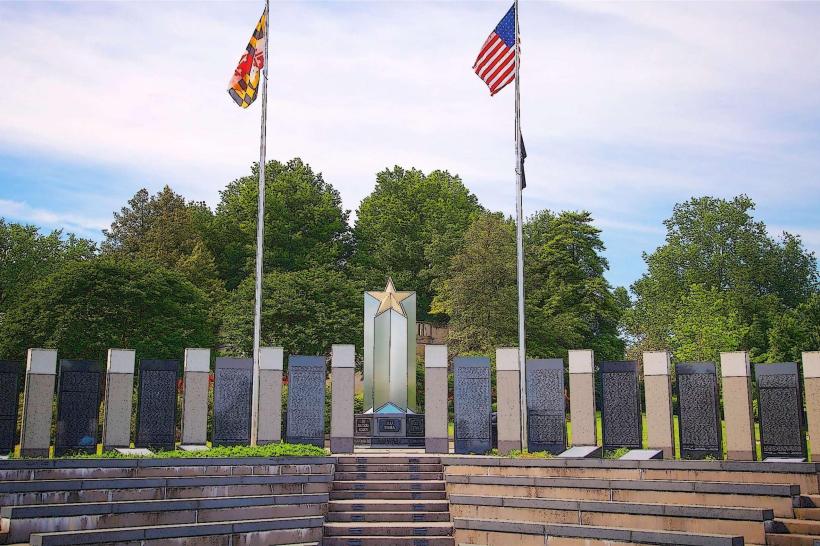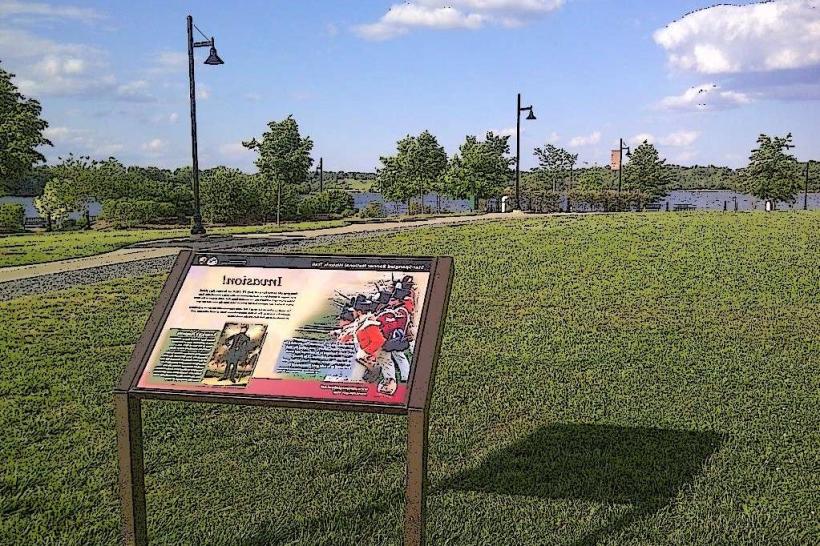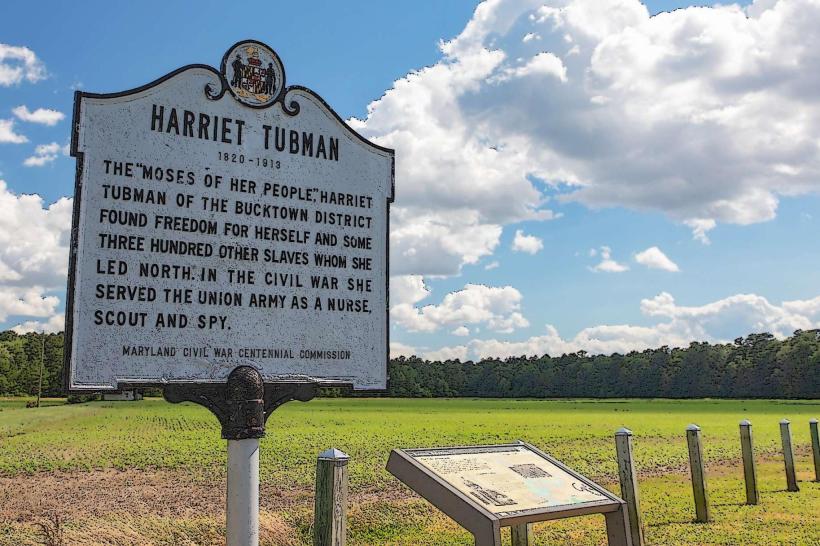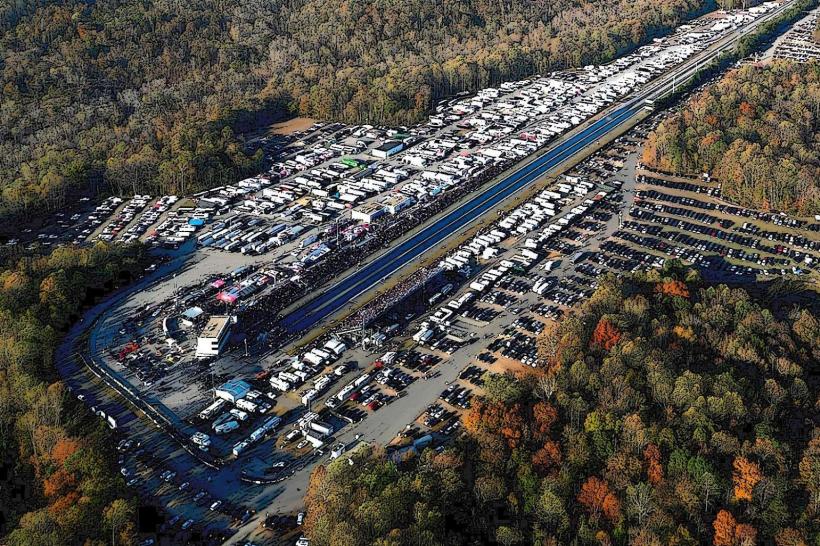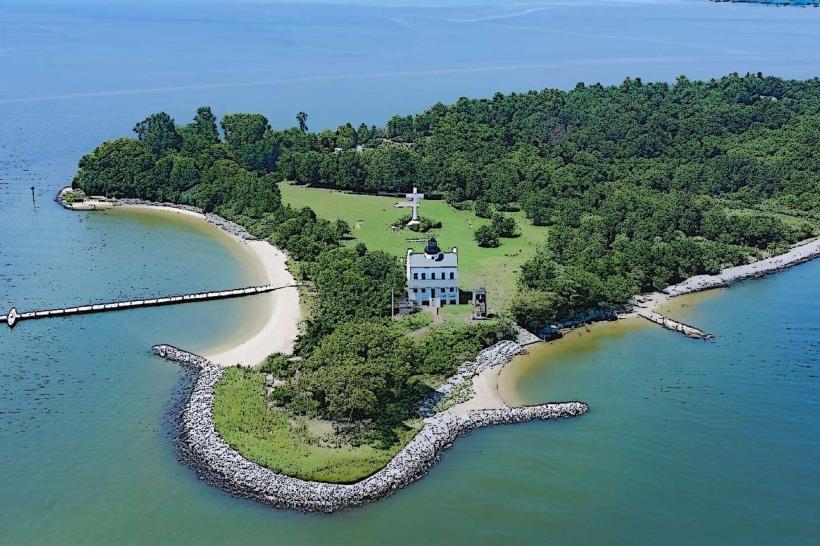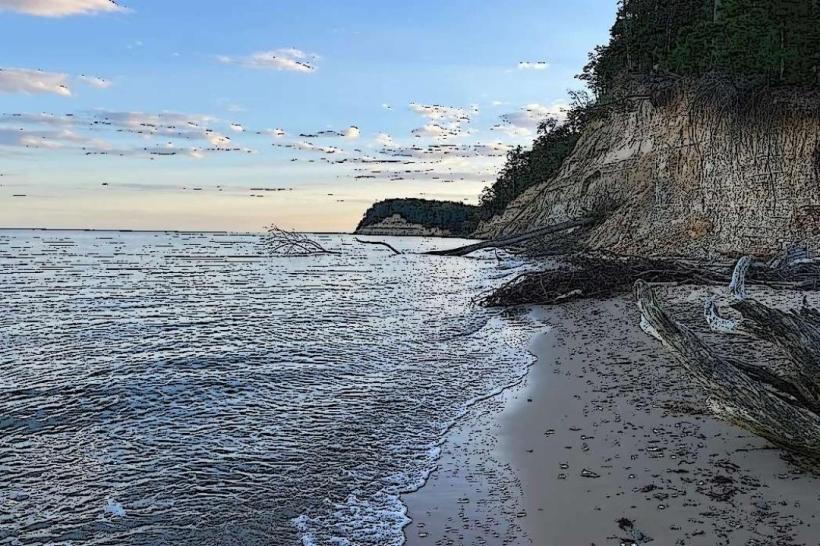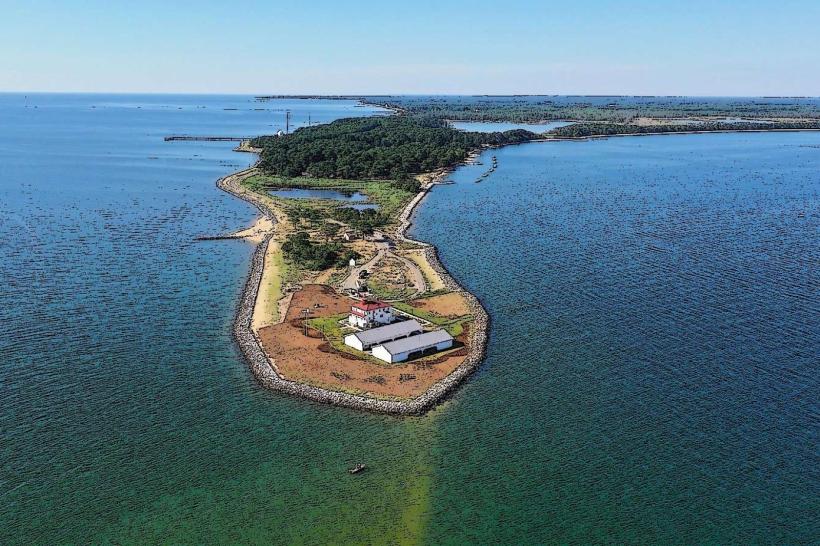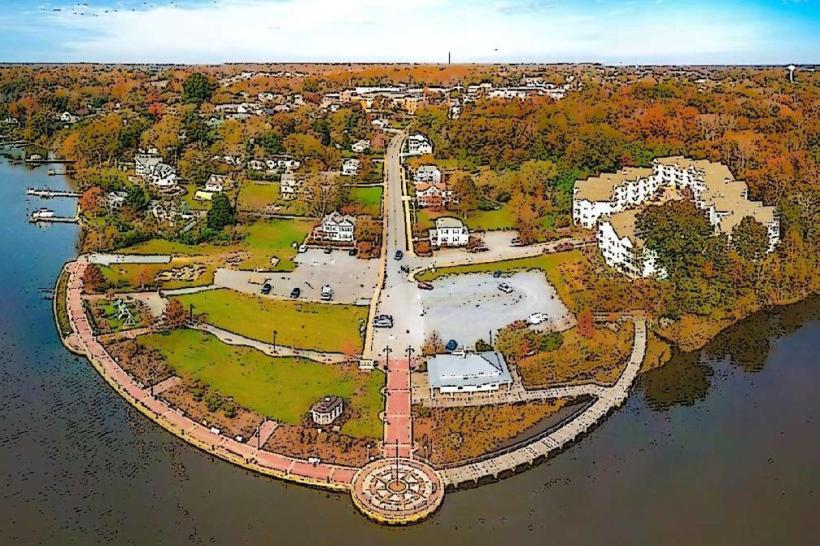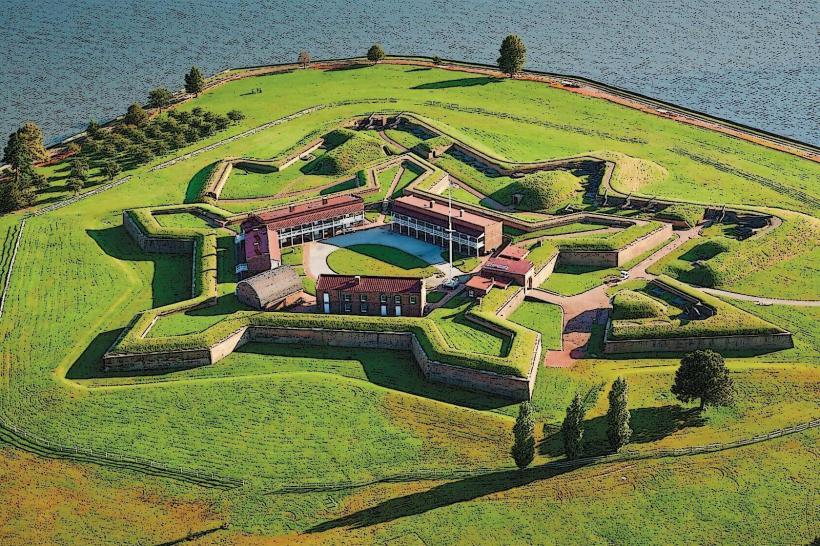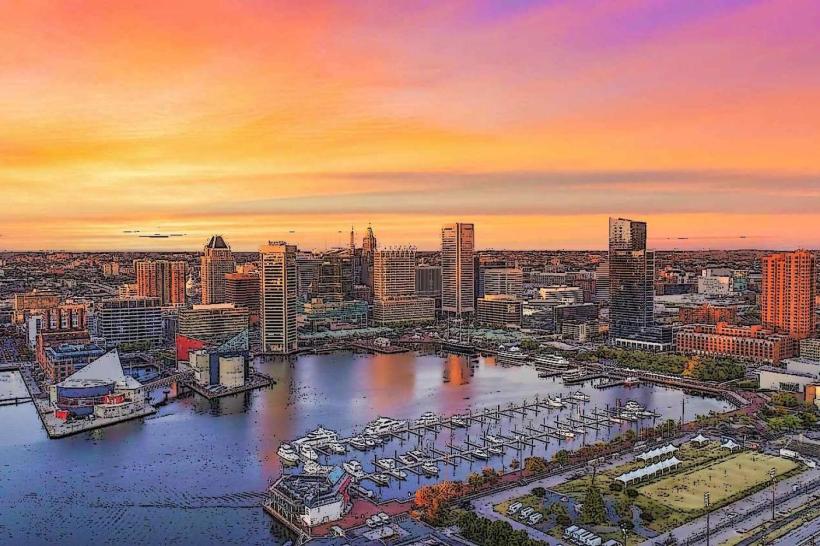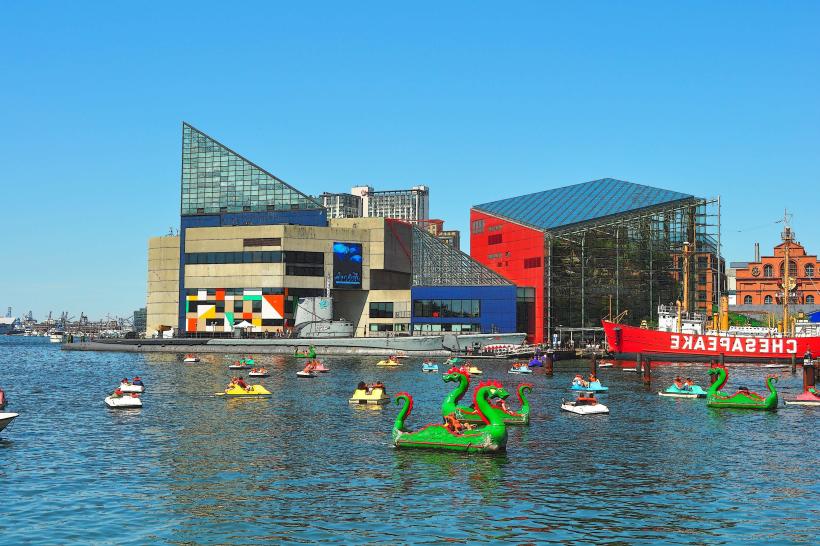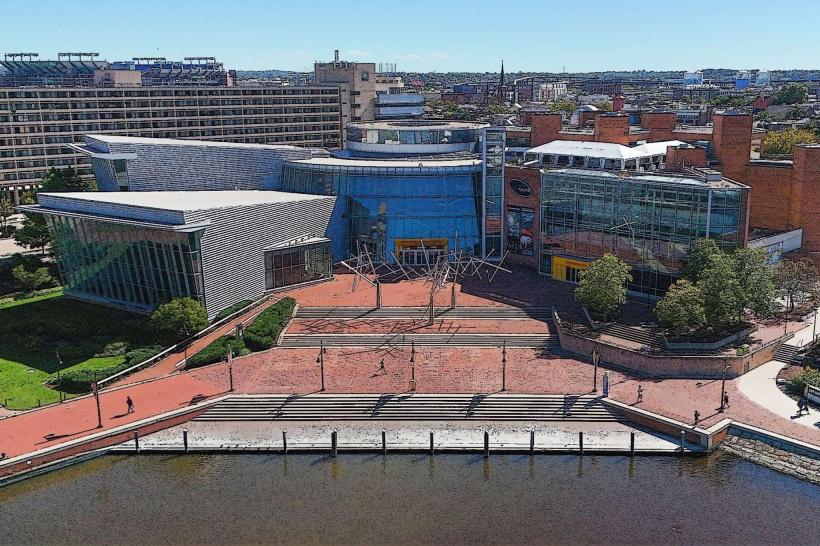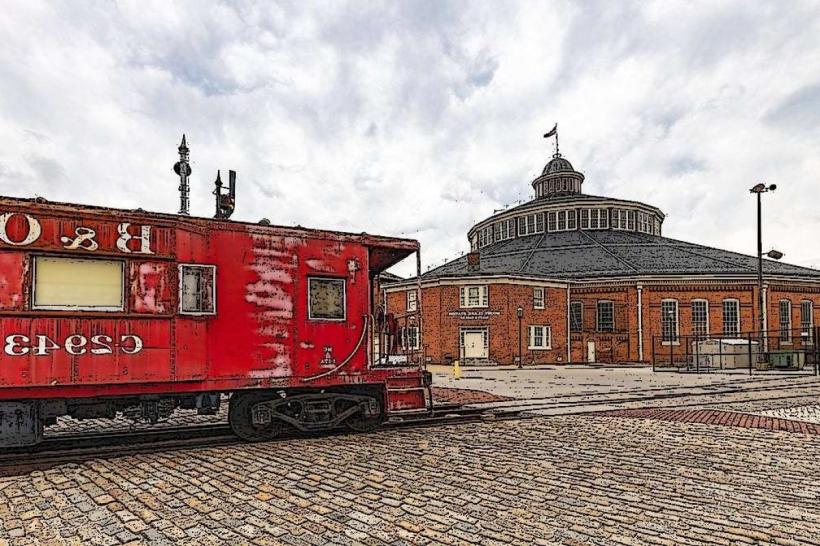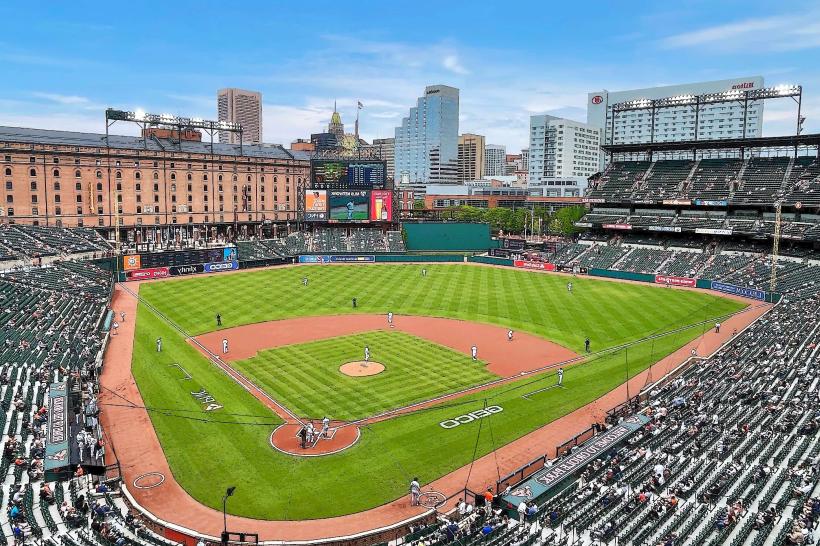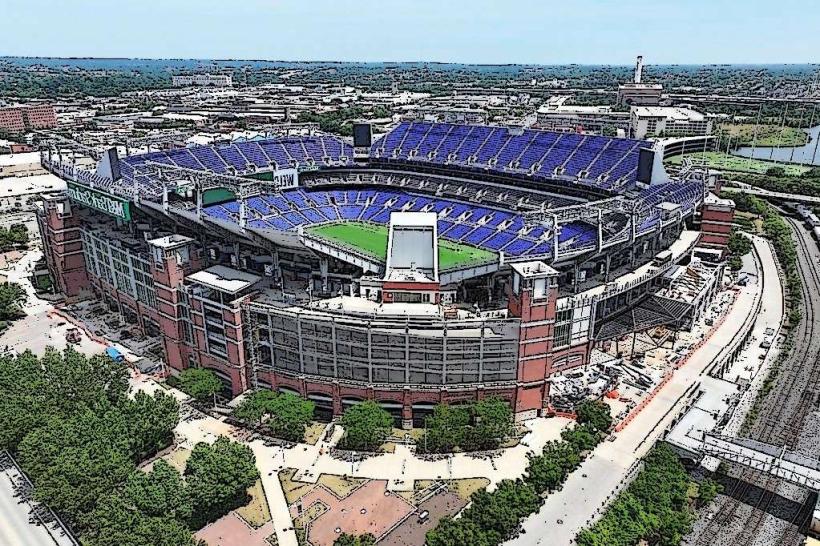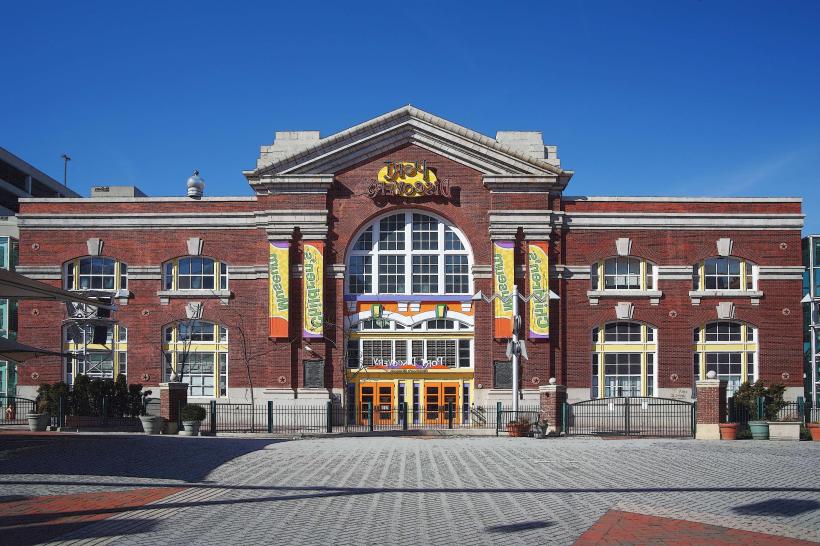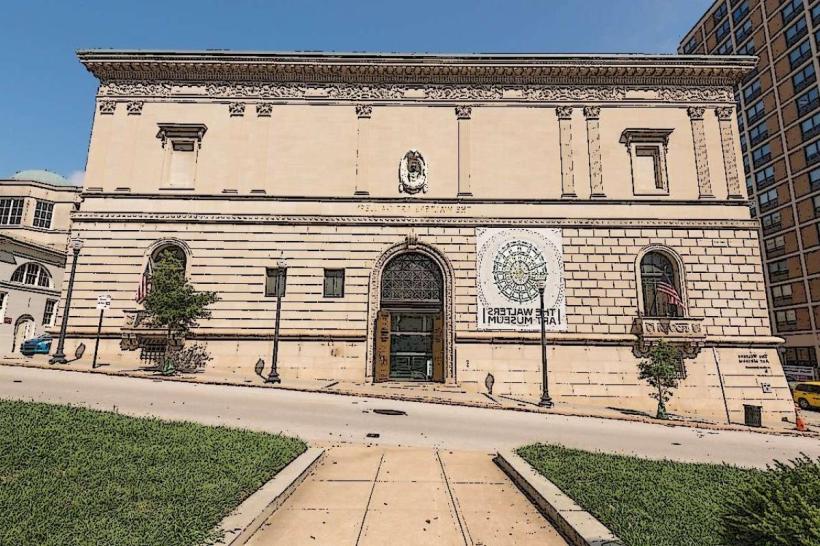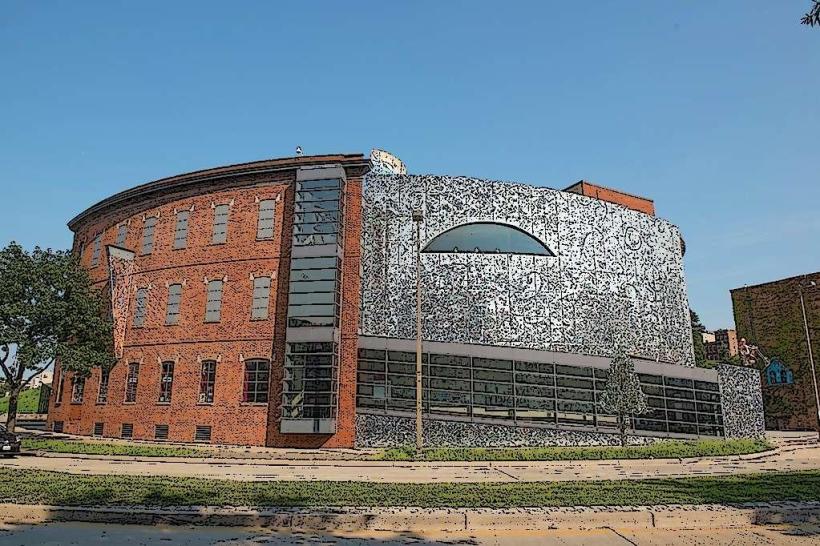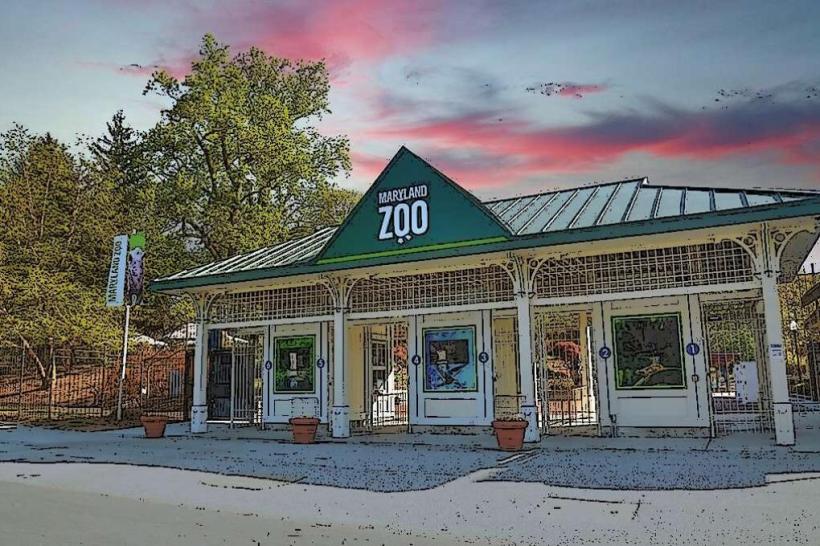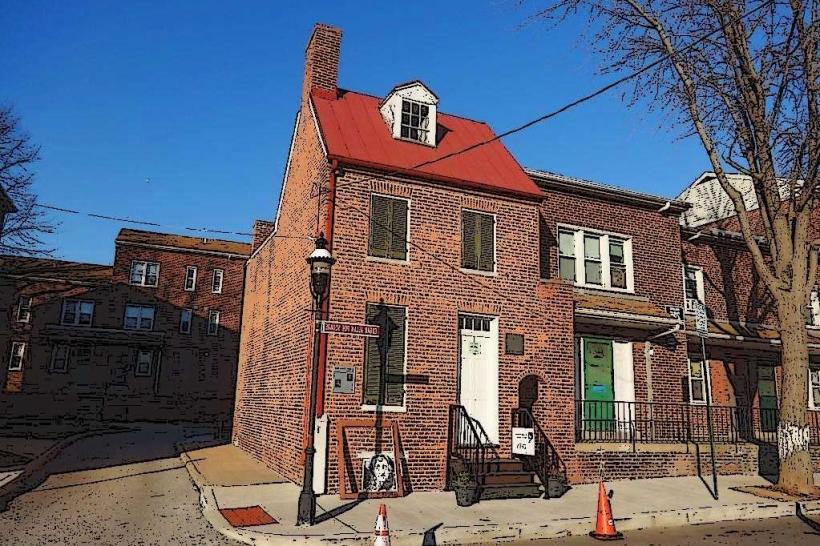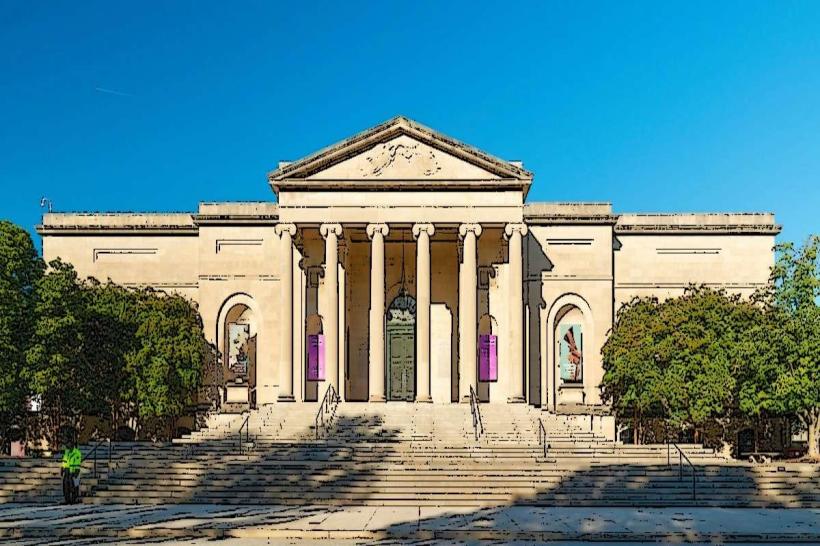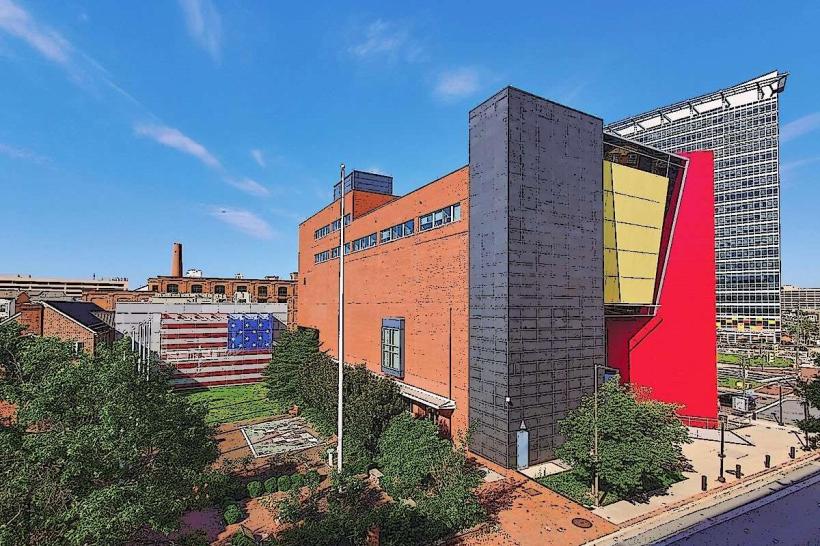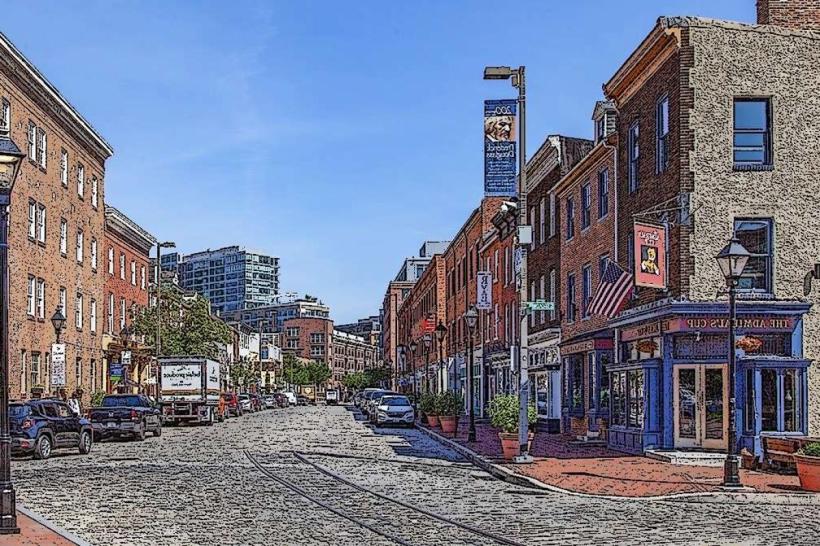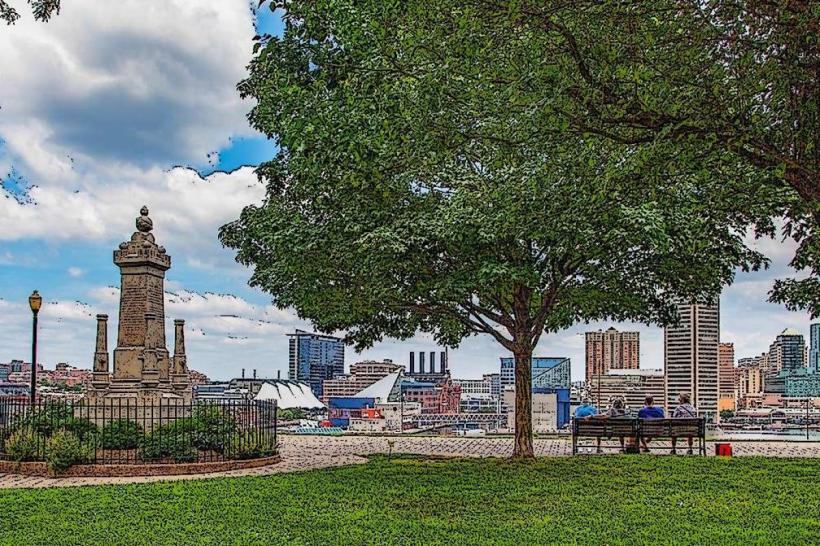Information
Landmark: Jefferson Patterson Park and MuseumCity: Baltimore
Country: USA Maryland
Continent: North America
Jefferson Patterson Park and Museum, Baltimore, USA Maryland, North America
Jefferson Patterson Park and Museum is a 560-acre state park located in St. Leonard, Maryland, on the western shore of the Chesapeake Bay.
Visual Characteristics
The park features a diverse landscape including over 1.5 miles of shoreline along St. Leonard Creek, mature woodlands, open fields, and cultivated gardens. The historic structures on site include the reconstructed 17th-century manor house, the 18th-century brick barn, and the 19th-century blacksmith shop. The park's topography is gently rolling.
Location & Access Logistics
The park is situated at 10515 Mackall Road, St. Leonard, MD 20685. It is approximately 50 miles south of Baltimore and 60 miles south of Washington D.C. Access is via Maryland Route 2 (Solomons Island Road) to Mackall Road. Ample parking is available on-site, including designated areas for buses. No public transportation directly serves the park.
Historical & Ecological Origin
The site has a documented history of human occupation dating back to the Archaic period (circa 8000 BCE). The current manor house reconstruction is based on archaeological evidence of a 17th-century dwelling. The park preserves significant archaeological sites, including Native American settlements and colonial-era farmsteads. Ecologically, it is part of the Chesapeake Bay watershed, supporting tidal wetlands and mixed deciduous forests.
Key Highlights & Activities
Activities include exploring the museum exhibits detailing the region's history and archaeology, hiking on marked trails (e.g., the Woodland Trail, the Bay Trail), kayaking or canoeing on St. Leonard Creek, birdwatching, and picnicking. Archaeological field school programs are offered seasonally. The park also hosts living history demonstrations.
Infrastructure & Amenities
Restrooms are available in the visitor center and at designated picnic areas. Shaded picnic tables are provided. Cell phone signal (4G/5G) is generally available within the park. No on-site food vendors are present, but picnic facilities are available. A gift shop is located within the visitor center.
Best Time to Visit
For photography, early morning and late afternoon offer optimal lighting on the historic structures and natural landscapes. The best months for outdoor activities are April through October, with moderate temperatures and lower humidity. St. Leonard Creek is accessible for boating year-round, though water conditions can vary.
Facts & Legends
Jefferson Patterson Park and Museum is one of the most significant archaeological sites in Maryland, with over 10,000 years of human history documented. A unique feature is the presence of a reconstructed 17th-century blacksmith shop, offering insights into colonial craft practices.
Nearby Landmarks
- Calvert Marine Museum (5.2km South)
- Annmarie Sculpture Garden & Arts Center (6.1km South)
- Drum Point Lighthouse (7.5km South)
- Solomons Island (7.8km South)

